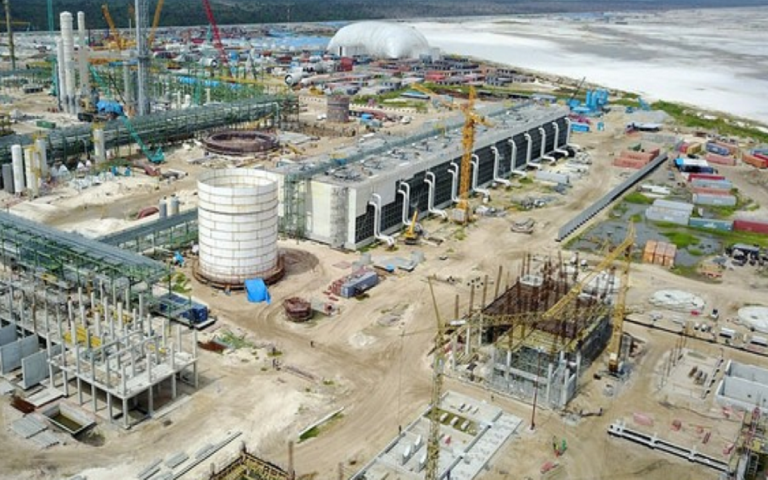
Dangote Refinery
Dangote Petroleum makes debut crude cargo next month
Dangote Petroleum Refinery is billed to receive its first cargo of crude next month to announce its debut in the busy Nigerian oil industry.
In an exclusive interview with S & P Global Platts, Executive Director of the Dangote Group, Devakumar Edwin, said the refinery would be launched in phases, beginning with 350,000 to 370,000 barrels per day of diesel and jet fuel by October 2023.
“Right now I’m ready to receive crude. We are just waiting for the first vessel. And so as soon as it comes in we can start,” Edwin told S & P Global Platts.
Edwin said the refinery will start the phased ramp-up to 650,000 barrels per day by November 30, around half of it gasoline, the key area of Nigerian fuel demand.
He noted that the Nigerian National Petroleum Company Limited (NNPCL), which is a shareholder in the project, cannot supply the refinery until November.
According to him, Dangote is buying oil from trading houses. Vitol and Trafigura recently carried out inspections of the plant.
“At the last minute (NNPCL) said, ‘We have actually committed our crude on forward basis to someone else’, so immediately they don’t have the crude. This is a temporary issue, and the refinery should run on exclusively Nigerian crude by November,” Edwin said.
He said Nigerian oil will be purchased in United States dollars, not naira as some reports had suggested, because it is located in a free zone on the outskirts of Lagos.
However, he said NNPC will supply some crude at knockdown prices due to its equity stake.
Edwin added that with the scale of the refinery, being “solely dependent on Nigerian crude would not be advisable.”
“Basically if you look at our production profile, 50 per cent of my production will meet 100 per cent of the requirements of the country. Excess gasoline which will be 10 ppm sulfur Euro 5 quality will be exported to other African markets as well as the US and South America, although the volumes will be relatively small,” Edwin said.
Meanwhile, he said jet fuel will be exported to Europe and diesel will be sold in sub-Saharan Africa.
He said refined products can be evacuated from the refinery by road or by sea, with the two routes able to handle 80 per cent and 75 per cent of production respectively.
“The company is also widening the road connecting the refinery to the expressway. That job is 70 per cent complete,” Edwin said.
